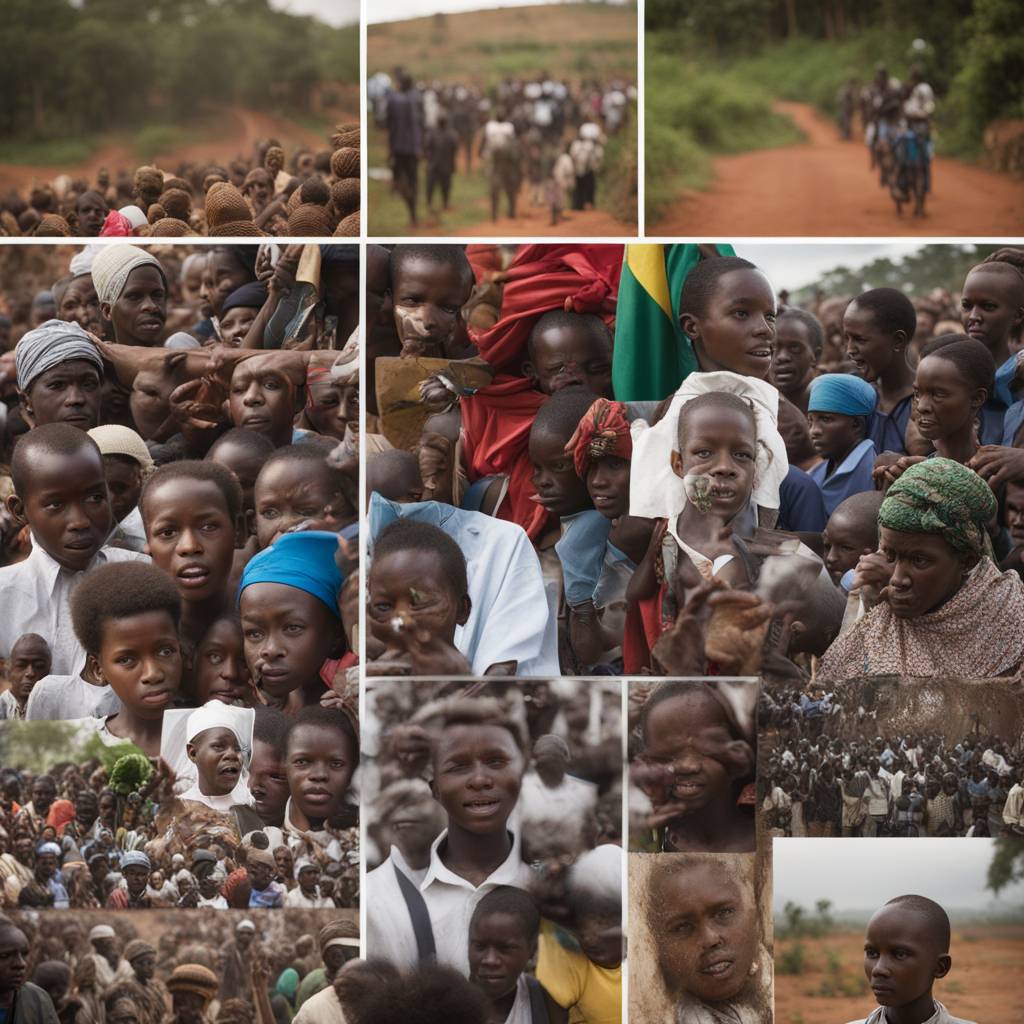The Rwandan genocide, which occurred 30 years ago, was a horrific campaign of extermination carried out by the Hutu-led state against the Tutsi population. Over the course of just 100 days, an estimated 800,000 people, primarily Tutsi civilians, were killed in a brutal and violent manner. The scale and speed of the genocide shocked the world and left a lasting impact on the country and its people.
In the years since the genocide, Rwanda has made significant strides towards reconciliation and recovery. The country has implemented a system of justice known as gacaca courts, which have helped to bring perpetrators to justice and provide a sense of closure for victims and their families. Additionally, Rwanda has focused on promoting unity and reconciliation among its people, with efforts to rebuild trust and foster forgiveness among communities that were torn apart by the genocide.
Despite the progress that has been made, the effects of the genocide still linger in Rwanda. Many survivors continue to struggle with the trauma and loss they experienced during those dark days, and the country as a whole is still grappling with the legacy of the genocide. Commemorations and memorials are held each year to remember the victims and ensure that the horrors of the past are never forgotten.
Looking ahead, Rwanda faces the challenge of ensuring that the memory of the genocide is preserved and passed down to future generations. Education and awareness programs have been established to teach younger Rwandans about the events of 1994 and the importance of preventing such atrocities from happening again. By remembering and honoring the victims of the genocide, Rwanda is working to build a more peaceful and just society for the future.
As Rwanda marks the 30th anniversary of the genocide, it serves as a reminder of the importance of acknowledging and confronting the dark chapters of history. By coming to terms with the past and working towards reconciliation, Rwanda has shown that it is possible to heal and rebuild even in the aftermath of such unimaginable violence. The memory of the genocide will always be a part of Rwanda’s history, but it is through unity, remembrance, and a commitment to justice that the country can move forward towards a more hopeful future.













